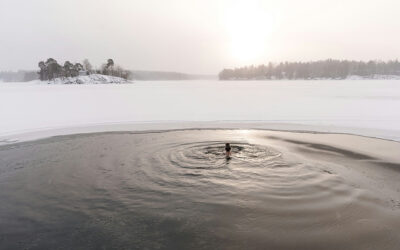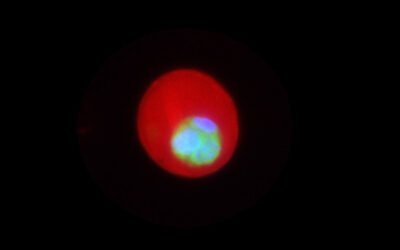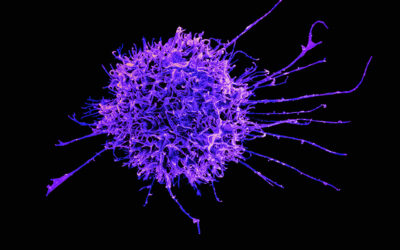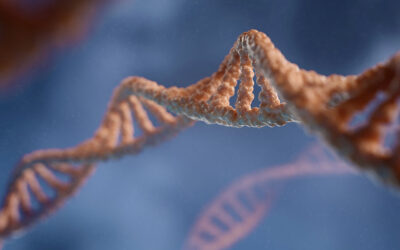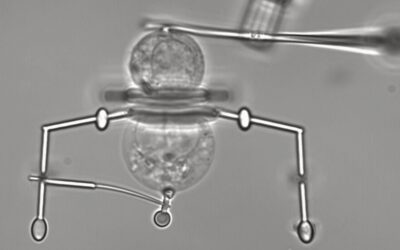The cellular process of autophagy is crucial in human health and disease. It is a lysosome-based degradation pathway that enables the cells to rapidly turnover their cytoplasmic content to maintain cellular homeostasis in both normal and challenging cellular environments.
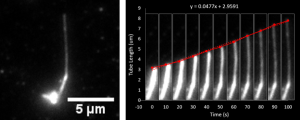
In vitro reconstitution of autolysosome tubulation and speed calculation.
In a recently published article in Current Protocols in Cell Biology, investigators from Tsinghua and Peking Universities in China, have provided detailed step-by-step protocols for studying the recycling of lysosomal membranes during autophagy. The process is called Autophagic lysosome reformation (ALR) and marks the last step in autophagy. In this carefully curated set of protocols, Yang et al describe proteomic analysis of purified autolysosomes and RNAi screening of identified candidates, for systematic elucidation of the ALR pathway. The unit describes detailed method for visualizing ALR in cells and provides protocols for in vitro reconstitution of ALR tubular protrusion and elongation process.
ALR is an essential step for maintaining lysosome homeostasis and the use of these protocols in well-designed experiments can expand our understanding of lysosome biogenesis and the mechanisms that regulate autophagy.
To find out more please read:












